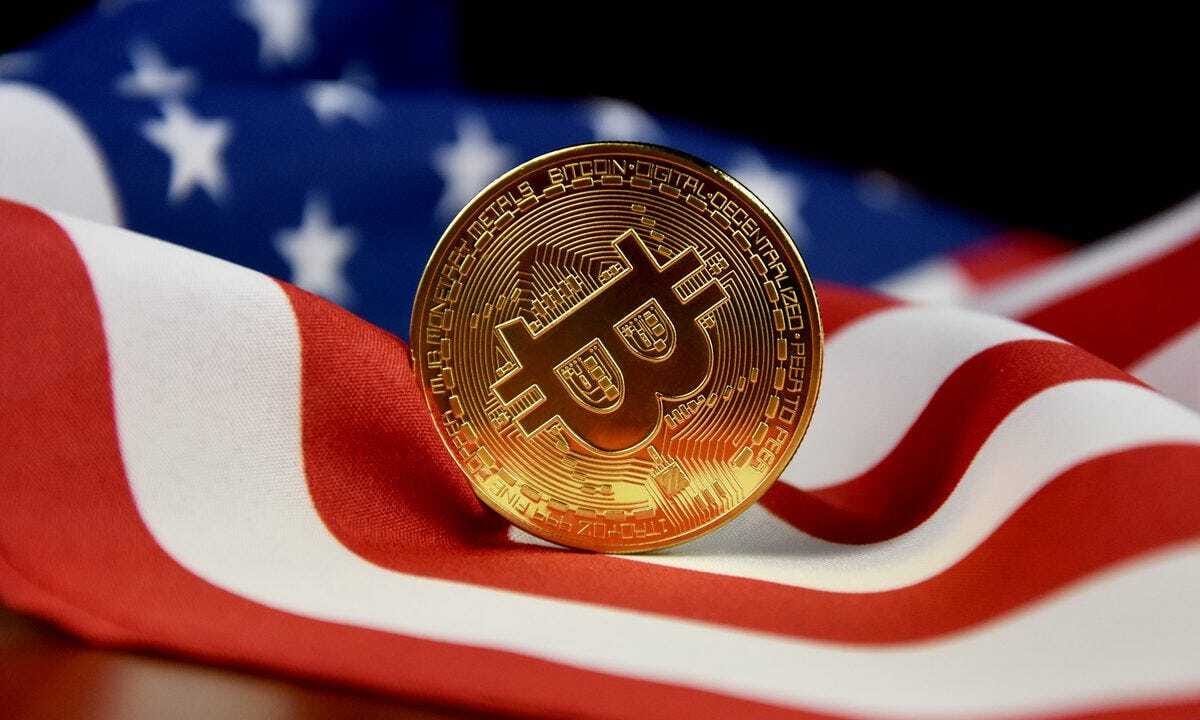- blurtl
- Posts
- Digital Dollar: The Future of U.S. Monetary Power
Digital Dollar: The Future of U.S. Monetary Power

The National Security Strategy (NSS) for October 2022 recently outlined the plans for the United States to "outmaneuver geopolitical competitors" and set the world on a path towards a better future. As part of this strategy, the NSS includes a section on exploring the development of digital assets, including a digital dollar, for the benefit of a strong and inclusive financial system and to reinforce global primacy.
One of the main drivers for interest in digital assets, such as a digital dollar, is the current state of the U.S. national debt, which stands at a staggering $31 trillion. With traditional methods of paying off this debt, such as default or inflation, causing significant negative impacts, the search for alternative solutions has led to increased interest in digital assets.
The era of 0% money is coming to an end, leading to a shift in the monetary system similar to the Nixon Shock in 1971, when the U.S. removed gold from being tied to the dollar. A digital dollar could serve as a way for the U.S. to remain the dominant global reserve currency and maintain its economic primacy in the face of increasing competition from other countries.
The United States has the resources and infrastructure in place to successfully implement and launch a digital dollar. This includes a strong regulatory framework and advanced technology. However, the transition to a digital dollar would not be without its challenges. Cybersecurity threats and the potential loss of privacy are just two of the issues that would need to be carefully considered and addressed.
Despite these challenges, a digital dollar could potentially lead to greater financial inclusion, especially for those who do not have access to traditional banking systems. The NSS acknowledges the need to consider and address the potential challenges and opportunities of a digital currency, and the U.S. should continue to work with international partners to ensure a smooth and successful transition.
A digital dollar could also serve as a way to counter de-dollarization efforts by other countries and maintain U.S. economic power. In this respect, it is important for the U.S. to take a leadership role in the development of digital currencies and ensure that they align with American values and protect the American way of life.
The NSS recognizes the potential of digital currencies to serve as a tool for economic empowerment and inclusion. Countries will not ban bitcoin or other digital currencies, but rather will compete for them, with those holding larger fractions of the total 21 million bitcoins having greater strategic and economic power. It is important for the U.S. to carefully consider the potential consequences and benefits of a digital dollar and take steps to address any negative impacts.